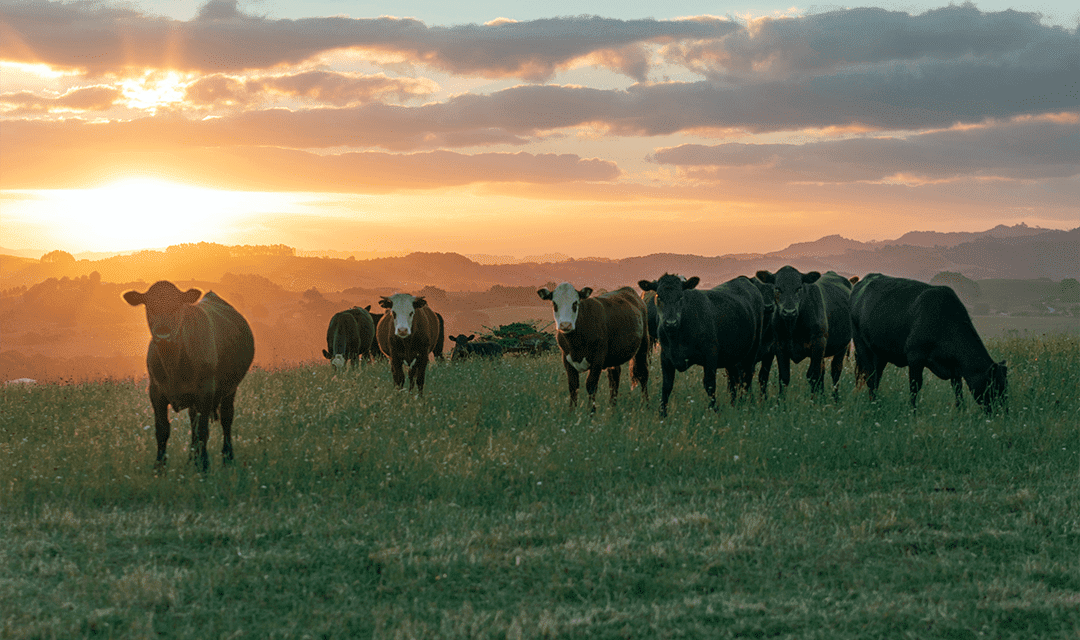WHETHER it is calling the carbon market a sham, accusing producers of gaming the system or simply saying large-scale carbon sequestration can’t be done – some scientists have taken aim at anyone making money from carbon.
It is a hard campaign to understand, as for decades many of those same scientists have been pushing for industry and governments to invest in technology that improves production and sequesters carbon.
While they are entitled to their opinions about the way it is legislated, a failure to put those opinions into perspective has resulted in the carbon industry being paralysed by a lack of direction and producers confused about their role in a changing economy.
The situation was demonstrated with an article on the ABC website last week, which led with a scientist who was doubtful of the ability of agricultural soils to become a carbon sink in the long-term.
It was followed by a series of social media comments from producers and industry figures implying that if the scientists say it can’t be done then it can’t be done.
The point many missed with the article was that it quoted two other scientists who were relatively positive about the role of the carbon market going forward.
Another point is that the scientists are only one part of this story.
As Swiss scientist Peer Ederer recently pointed out to Beef Central, the role of scientists is to inform policy with evidence – rather than setting the entire policy themselves.
That is difficult in the case of the carbon market, as scientific evidence aligning management practices to carbon sequestration over long periods of time is extremely limited – the work has largely not been done.
In a lot of ways, the role of the carbon market is to build that evidence base by incentivising producers to take the data, change the practices and make some money if they are successful. The early adopters are taking a pioneering-type role.
But producers and carbon aggregators making money from carbon seems to be one of the big reservations of the carbon critics.
The carbon aggregators have copped the brunt of these criticisms and have been labelled as “sharks” and “ticket clippers” in media interviews without challenge and doubt has been cast on whether they would stay in the industry after the pay day has come.
AgCarbon Central has heard the stories of producers entering into lengthy carbon contracts that take land out of production and leave behind weeds, pests and fire hazards.
It must be said that the carbon industry has also attracted people who have had long careers in agriculture and has been embraced by families who have been on the land for generations.
Putting the “net” in “net zero”
Sustained campaigns from scientists and activists have pushed Governments down the line of committing to limit the impact of human-caused climate change, through global efforts like the Paris Agreement.
The holy grail of these efforts appears to be “net zero emissions”. Meaning that they can’t get to zero emissions and they need some form of increased sequestration to offset those emissions and create a “net” number of zero emissions.
You could say that agricultural land is putting the “net” in net zero.
If the Australian Government is serious about reaching its “net zero” target, or its other targets, then it needs to get the settings right for the agricultural to play its part in making the net reductions. Both sides of Government have gone down the line of incentivising producers by creating a mechanism for them to earn an extra income.
Central to most of the carbon projects is maintaining groundcover and promoting vegetation growth – even when the country is in raging drought.
As Federal commodities forecaster ABARES pointed out in its latest update, cash-flow on livestock properties is an issue – with rising input costs, fluctuating commodity prices and high interest rates. Industry has been identifying cash-flow as an issue for years.
Some have suggested that producers should keep their carbon credits to offset their own methane emissions from livestock, which makes it hard to see anyone other than producers paying the bill.
So, if cash-flow is an issue, producers are paying to gather the data needed to reach these targets and are committing to long-term management programs to increase carbon sequestration – it is hard to see why they should not have a financial incentive.

